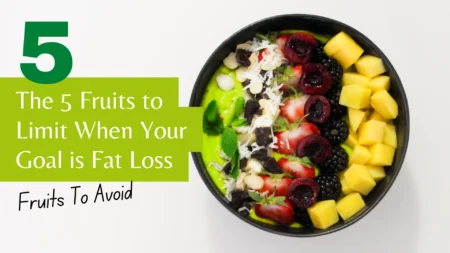Diet Rich in Tomatoes Reduces Skin Cancer Incidence by Half in Mice
Skin cancer remains one of the most prevalent forms of cancer worldwide, prompting ongoing research into preventive strategies. A notable study conducted by researchers at The Ohio State University has shed light on the potential protective effects of a tomato-rich diet against skin cancer development in mice.
Study Overview
In this comprehensive study, male mice were administered a diet comprising 10% dehydrated tomato powder over 35 weeks. Subsequently, these mice were exposed to ultraviolet (UV) light, a known risk factor for skin cancer. The findings were remarkable: mice on the tomato-enriched diet exhibited a 50% reduction in skin cancer tumors compared to their counterparts that did not consume the tomato-infused diet.
The Role of Carotenoids
The protective effect observed is largely attributed to carotenoids, the naturally occurring pigments that impart tomatoes with their vibrant red color. Among these, lycopene stands out as a potent antioxidant. It is hypothesized that these compounds accumulate in the skin and mitigate damage caused by UV radiation, thereby reducing the risk of tumor formation.
Gender-Specific Findings
Interestingly, the study noted a significant reduction in tumor development exclusively in male mice. Female mice did not exhibit a comparable decrease in tumor incidence. This aligns with prior research indicating that male mice are more susceptible to UV-induced skin tumors, which tend to be more numerous and aggressive. These findings underscore the necessity of considering gender differences in preventive health strategies.
Implications for Human Health
While this study was conducted on mice, it opens avenues for exploring dietary interventions in humans. Previous clinical trials have suggested that consistent consumption of tomato-based products can lessen sunburn severity, indicating a potential protective effect against UV damage. However, it's crucial to recognize that dietary habits are just one facet of a comprehensive skin cancer prevention strategy.
Broader Context of Skin Cancer Prevention
Skin cancer, particularly non-melanoma types, accounts for a substantial number of cancer cases globally. In the United Kingdom, melanoma rates have reached unprecedented levels, with projections estimating 20,800 cases in 2024. This upward trend highlights the pressing need for effective preventive measures.
Antioxidants and Cancer Prevention
Beyond lycopene, other antioxidants have demonstrated potential in cancer prevention. Compounds such as resveratrol, found in grapes and red wine, and vitamins like Vitamin A, present in various fruits and vegetables, have been associated with reduced cancer risks. Incorporating a diverse range of antioxidant-rich foods into one's diet may offer synergistic benefits in combating oxidative stress and reducing cancer susceptibility.
Conclusion
The findings from The Ohio State University study contribute to a growing body of evidence supporting the role of diet in cancer prevention. While further research is necessary to fully understand the implications for human health, adopting a diet rich in tomatoes and other antioxidant-laden foods, alongside established sun protection measures, may serve as a proactive approach to reducing skin cancer risk.
The information provided in this article is for general informational purposes only and is not intended as a substitute for professional medical advice, diagnosis, or treatment. Always seek the advice of your physician or other qualified health provider with any questions you may have regarding a medical condition. Never disregard professional medical advice or delay in seeking it because of something you have read in this article.
Lamartine is an experienced researcher who creates evidence-based content about health, wellness, supplements, and lifestyle. He offers objective analysis and honest reviews to help readers make informed and safe decisions—without exaggeration, without bias.





